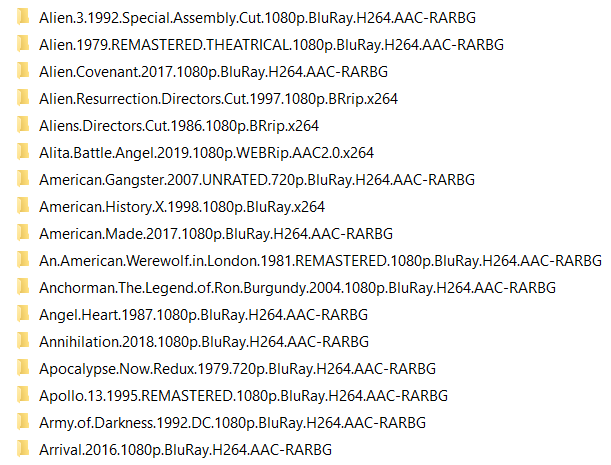Judge Recommends to Deny Summary Judgment Against Tor Exit Node Operator in Piracy Case
dimanche 15 septembre 2019 à 05:27
Tor is an anonymity tool used by millions of people. Dubbed the “Onion Router”, it operates by sending traffic through various nodes, after which it enters the public Internet again.
This setup makes the source of the traffic pretty much impossible to trace. However, it also means that people who operate a Tor exit node have their IP-address associated with a lot of traffic they’re not the source of.
When pirates use Tor, for example, it will appear as if the copyright-infringing activity comes from the exit node address. While the operators are generally aware of this, recent history has shown that his can lead to serious liability issues.
This is what Oregon resident John Huszar found out the hard way.
Back in 2015, the company behind the movie Dallas Buyers Club filed a federal lawsuit against the IP-address 173.11.1.241. A few months later, this complaint was amended to list “Integrity Computer Services” as the defendant, and in 2016, it was eventually replaced with the company’s owner, John Huszar.
While Huszar denied that he personally downloaded the film, there was a problem. Early on in the case, the filmmakers served a request for admissions, asking the defendant to respond to several statements. This request remained unanswered, which was a mistake, as it typically means that the court can then assume the statements are true.
Dallas Buyers Club used this to its advantage. Among other things, the admissions stated that Huszar unlawfully distributed a copy of the Dallas Buyers Club movie, which seemed to open the door to a substantial financial claim.
That would be true in most cases, but Huszar is not the only one who made a crucial error – Dallas Buyers Club did the same. As noted by US District Judge Michael Simon, earlier this year, Huszar wasn’t yet a named defendant when the filmmakers issued their request for admissions.
Following this conclusion, Judge Simon sent the case back to Magistrate Judge John Acosta, who this week issued his report and recommendations on the motions for summary judgment from both the plaintiff and the defendant.
First up is the film company, which requested a summary judgment finding that Huszar is guilty of copyright infringement. This request relied pretty much exclusively on the admissions which are no longer valid. As such, the motion was denied.
“It is evident Dallas’s motion was reliant on Huszar’s admissions. Judge Simon’s withdrawal of the deemed admissions based on Huszar’s failure to respond to Dallas’s requests for admissions was fatal to Dallas’s motion,” Magistrate Judge Acosta writes in his recommendation.
While this is great news for the defendant, there was a disappointment as well. Huszar also requested summary judgment, ruling that he is not liable. After a careful review, Judge Acosta denied this too.
Among other things, Huszar claimed that he was shielded by the DMCA because he was acting as an ISP. However, Judge Acosta notes that to benefit from such protections, he has to show that he’s eligible for such immunity. This includes having a repeat infringer policy, of which the court found no evidence.
Huszar further argued that the monitoring software used by the filmmakers
was unreliable. While the defense provided an expert report to back this up, Dallas Buyers Club submitted an opposing report, which leads Judge Acosta to the conclusion that summary judgment based on the reliability of the evidence is not appropriate.
This means that after a battle of almost five years in court, the case can still go either way. Judge Acosta’s recommendations are not the final judgments. They will be referred to a District Judge who has the final say.
After that, the case will likely move to trial. If that the case, it will be up to a Jury to decide whether the Tor exit node operator is guilty or not.
—
A copy of Magistrate Judge John Acosta’s findings and recommendations is available here (pdf).
Source: TF, for the latest info on copyright, file-sharing, torrent sites and more. We also have VPN reviews, discounts, offers and coupons.






